- Browse
- Food
Food Courses
Food courses can help you learn culinary techniques, nutrition basics, food safety practices, and meal planning strategies. You can build skills in flavor pairing, ingredient sourcing, and dietary adjustments for various health needs. Many courses introduce tools like kitchen equipment, recipe management software, and food photography techniques, connecting these skills to practical applications in home cooking, meal prep, and even food blogging.
Popular Food Courses and Certifications
 Status: Free TrialFree TrialN
Status: Free TrialFree TrialNNational Academy of Sports Medicine
Skills you'll gain: Nutrition and Diet, Nutrition Education, Nutritional Assessment, Sports Medicine, Exercise Science, Scientific Methods, Health Assessment, Patient Education And Counseling, Clinical Nutrition, Health And Wellness Coaching, Health Promotion, Athletic Training, Regulatory Compliance, Preventative Care, Food Quality Assurance And Control, Psychology, Medical Science and Research, Life Sciences
4.6·Rating, 4.6 out of 5 stars192 reviewsBeginner · Specialization · 1 - 3 Months
 Status: PreviewPreviewT
Status: PreviewPreviewTThe State University of New York
Skills you'll gain: Bartending, Cooking, Hospitality, Planning, Meal Planning And Preparation, Verbal Communication Skills, Oral Expression, Strategic Planning
4.9·Rating, 4.9 out of 5 stars10 reviewsBeginner · Course · 1 - 3 Months
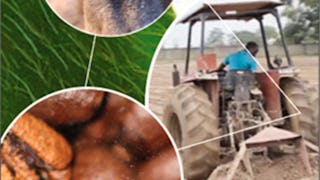 Status: PreviewPreviewU
Status: PreviewPreviewUUniversity of Copenhagen
Skills you'll gain: Sustainable Development, Sustainable Systems, Water Sustainability, Waste Minimization, Social Impact, Supply Chain, Systems Thinking, Climate Change Mitigation, Land Management, Environmental Science, Innovation, Nutrition and Diet, Case Studies
4.8·Rating, 4.8 out of 5 stars1K reviewsBeginner · Course · 1 - 3 Months
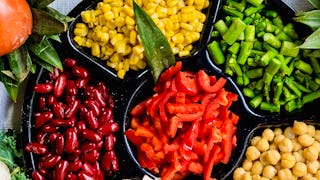 Status: Free TrialFree TrialU
Status: Free TrialFree TrialUUniversity of Michigan
Skills you'll gain: Nutritional Assessment, Nutrition and Diet, Social Determinants Of Health, Health Assessment, Environment, Sustainability Standards, Spreadsheet Software, Environment and Resource Management, Environmental Science, Risk Analysis, Critical Thinking and Problem Solving
4.5·Rating, 4.5 out of 5 stars25 reviewsIntermediate · Course · 1 - 4 Weeks
 Status: Free TrialFree TrialU
Status: Free TrialFree TrialUUniversity of California, Davis
Skills you'll gain: Experimentation, Product Testing, Laboratory Testing, Laboratory Experience, Food and Beverage, Consumer Behaviour, Scientific Methods, Systems Of Measurement, Case Studies, Quality Assurance, Physiology, Research Design, Usability Testing, Science and Research, Data Collection, Statistical Analysis, Nutrition and Diet, Human Factors, Anatomy, Product Development
4.6·Rating, 4.6 out of 5 stars70 reviewsBeginner · Specialization · 3 - 6 Months
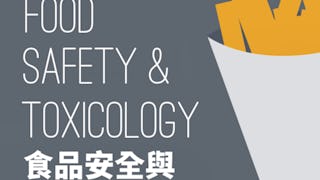 Status: PreviewPreviewN
Status: PreviewPreviewNNational Taiwan University
Skills you'll gain: Pharmacology, Chemistry, Biochemistry, Microbiology
4.9·Rating, 4.9 out of 5 stars335 reviewsBeginner · Course · 1 - 3 Months
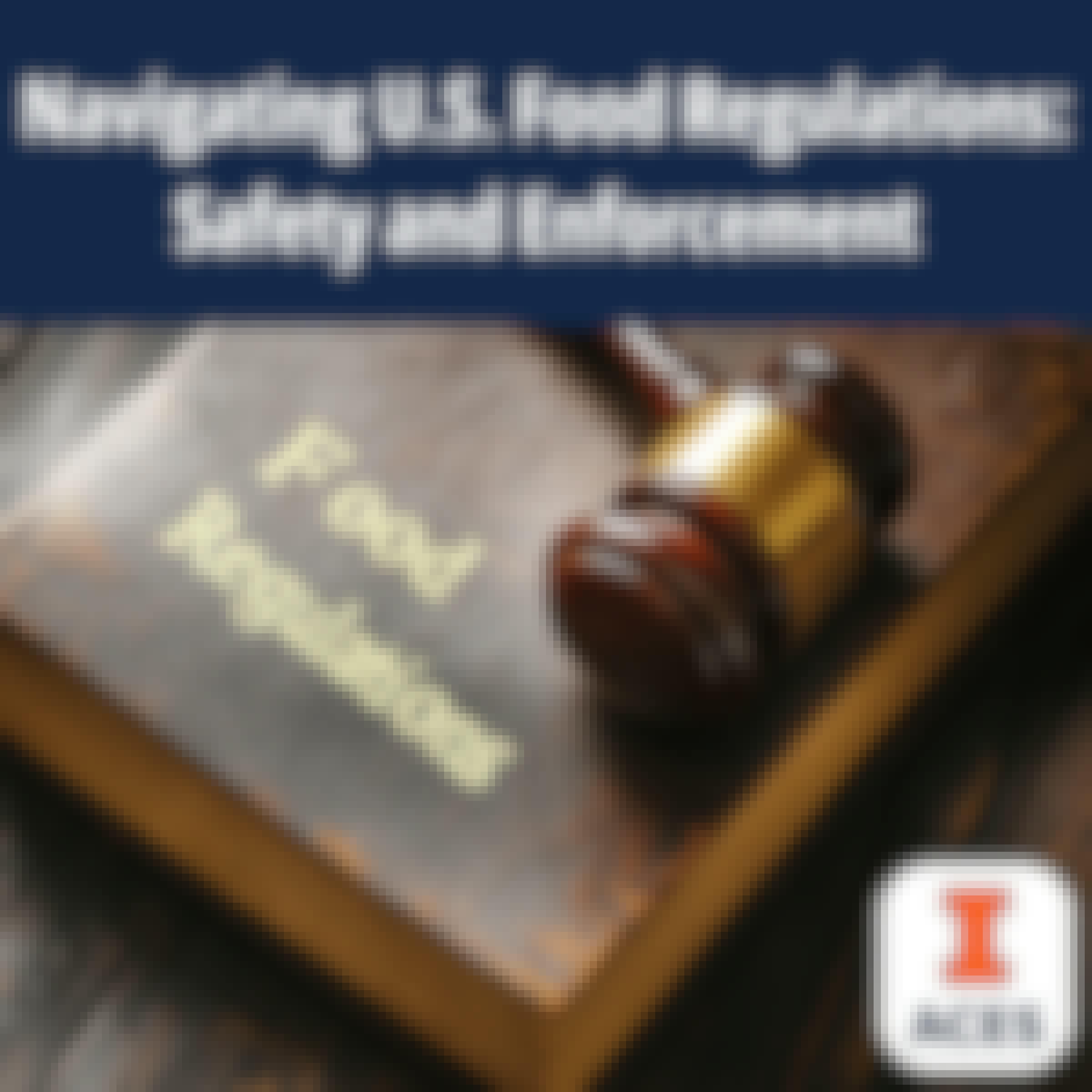 Status: Free TrialFree TrialU
Status: Free TrialFree TrialUUniversity of Illinois Urbana-Champaign
Skills you'll gain: Good Manufacturing Practices, Legal Risk, Case Studies
4.4·Rating, 4.4 out of 5 stars7 reviewsIntermediate · Course · 1 - 4 Weeks
 Status: Free TrialFree TrialJ
Status: Free TrialFree TrialJJohns Hopkins University
Skills you'll gain: Traffic Flow Optimization, Architectural Design, Sustainable Development, Stormwater Management, Building Codes, Community Development, Land Development, Public Works, Sustainable Architecture, Landscape Architecture, Transportation Operations, Civil Engineering, Environmental Engineering, Case Studies, Building Design, Economic Development, Land Management, Sustainable Design, Sustainable Technologies, Environmental Science
4.6·Rating, 4.6 out of 5 stars486 reviewsIntermediate · Specialization · 3 - 6 Months
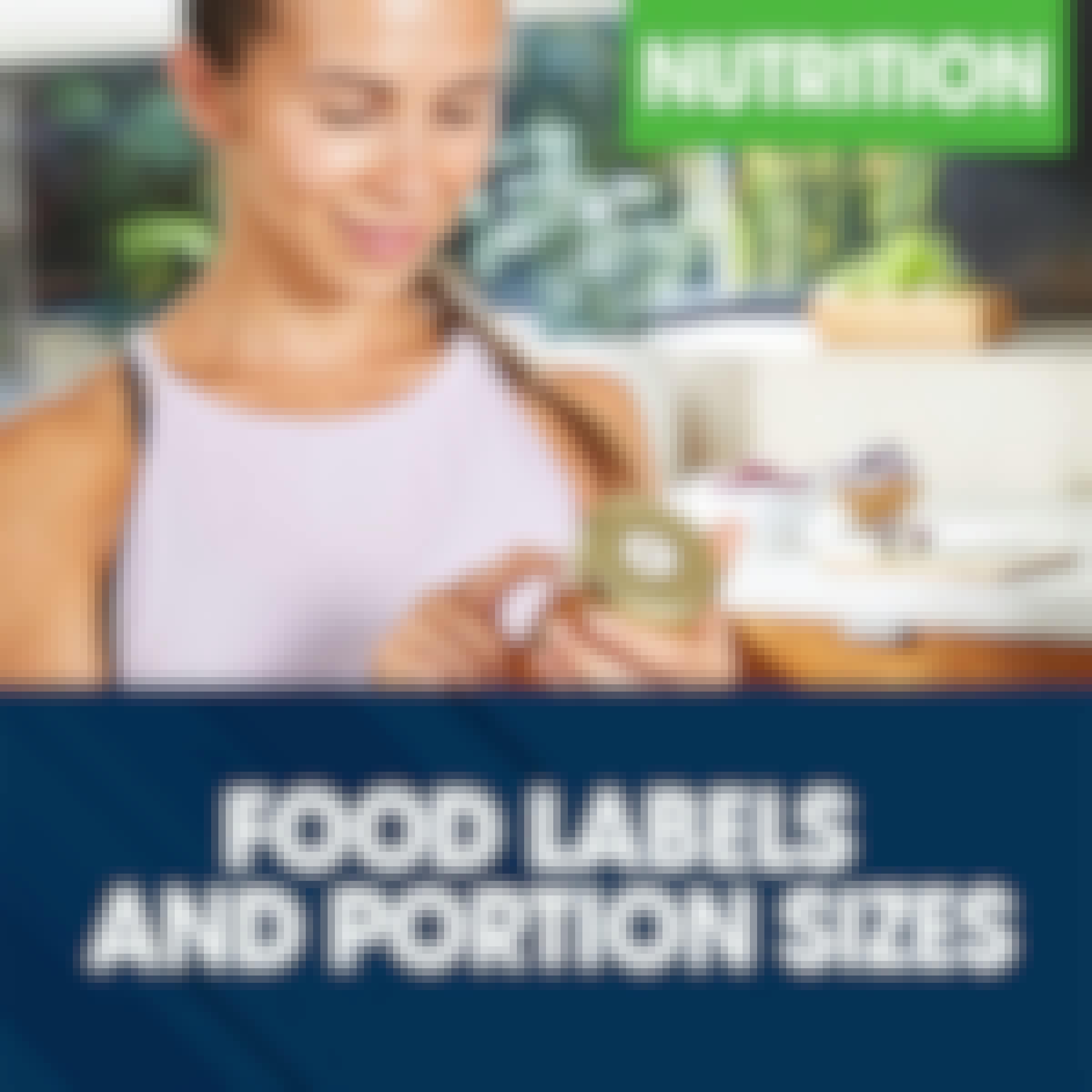 Status: Free TrialFree TrialN
Status: Free TrialFree TrialNNational Academy of Sports Medicine
Skills you'll gain: Nutrition Education, Nutritional Assessment, Nutrition and Diet, Patient Education And Counseling
4.7·Rating, 4.7 out of 5 stars42 reviewsBeginner · Course · 1 - 4 Weeks
 Status: FreeFreeT
Status: FreeFreeTTufts University
Skills you'll gain: Nutrition and Diet, Nutrition Education, Nutritional Assessment, Meal Planning And Preparation, Health Education
4.8·Rating, 4.8 out of 5 stars177 reviewsBeginner · Course · 1 - 4 Weeks
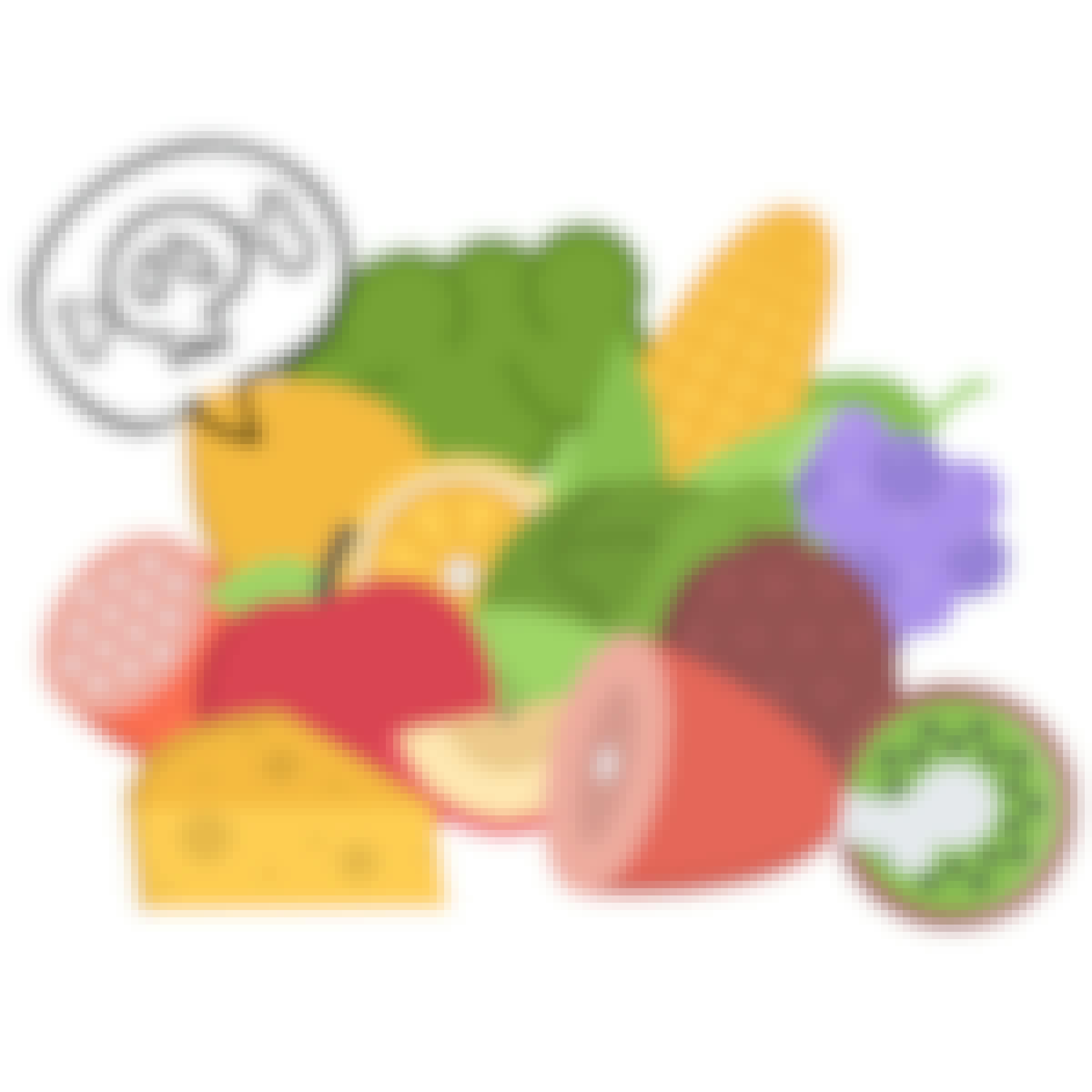 Status: PreviewPreviewN
Status: PreviewPreviewNNational Taiwan University
Skills you'll gain: Hazard Analysis, Risk Analysis, Food Safety and Sanitation, Food Quality Assurance And Control, Risk Management, Safety Standards, Emergency Response, Safety and Security, Case Studies, Media and Communications
4.9·Rating, 4.9 out of 5 stars277 reviewsIntermediate · Course · 1 - 3 Months
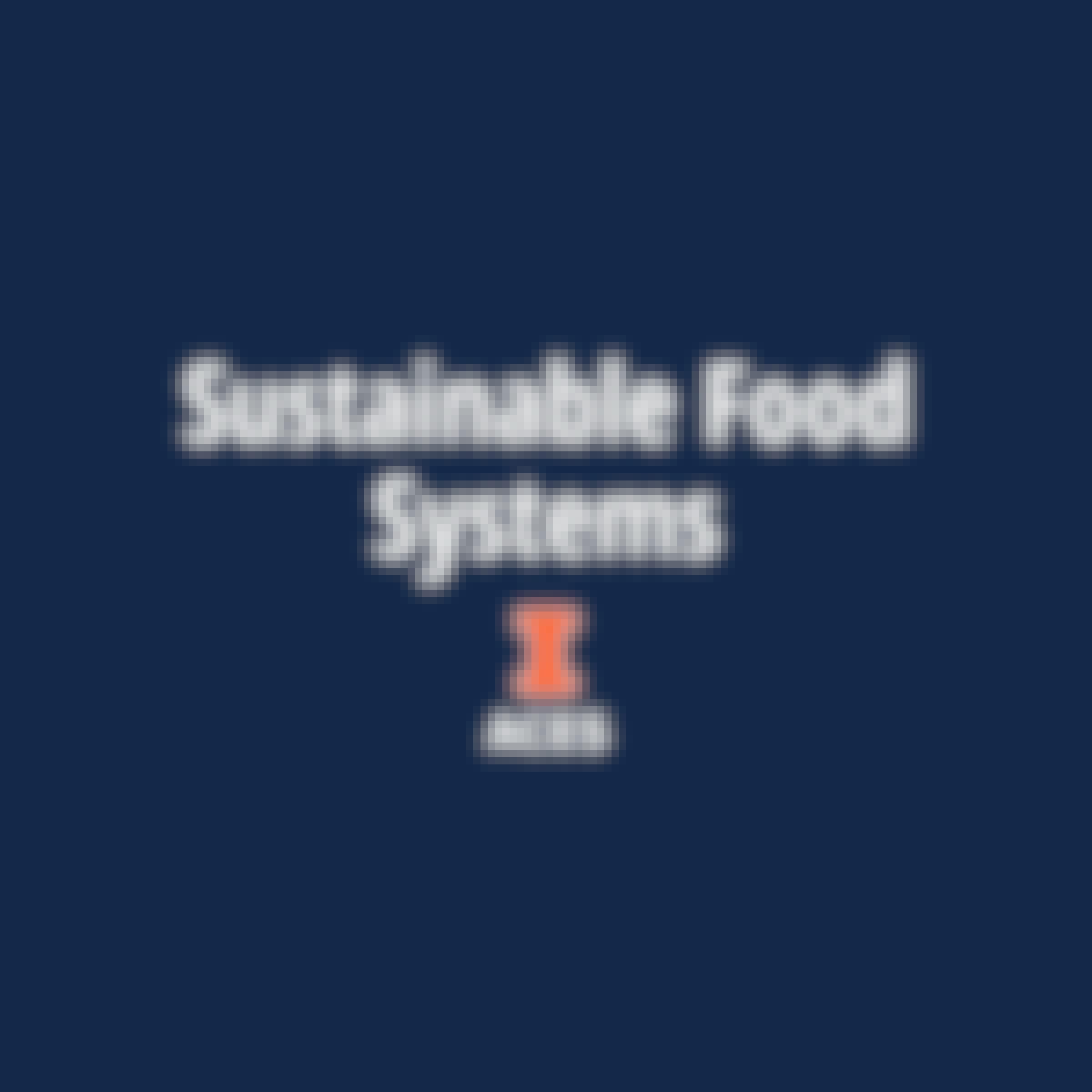 Status: PreviewPreviewU
Status: PreviewPreviewUUniversity of Illinois Urbana-Champaign
Skills you'll gain: Systems Thinking, Sustainable Systems, Sustainable Development, Food and Beverage, Nutrition and Diet, Economics, Environmental Science, Energy and Utilities, Production Process, Water Resources, Land Management, Environment and Resource Management, Culture, Consumer Behaviour
4.4·Rating, 4.4 out of 5 stars37 reviewsBeginner · Course · 1 - 3 Months
In summary, here are 10 of our most popular food courses
- Nutrition Education for the Consumer: National Academy of Sports Medicine
- Food and Wine Pairing: The State University of New York
- Transformation of the Global Food System: University of Copenhagen
- Healthy and Sustainable Foods: University of Michigan
- Essentials of Sensory Science: University of California, Davis
- 食品安全與毒理 (Food Safety & Toxicology): National Taiwan University
- Navigating U.S. Food Regulations: Safety and Enforcement: University of Illinois Urbana-Champaign
- Sustainable Cities: Johns Hopkins University
- Understanding Food Labels and Portion Sizes: National Academy of Sports Medicine
- Building a Healthy Plate: Tufts University










